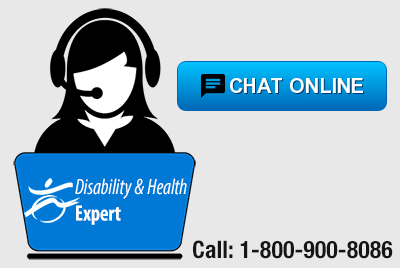- The best way to learn about golf is to visit a golf practice facility and begin to practice.
- If friends or family members play, ask them to accompany you.
- If you learn of a golf instructional program in your area, enroll in a class or
- Begin by attending a golf program or clinic.
- Watch golf on television to observe how the game is played.
- Read golf magazines and books to learn some of the finer points of the game.
- Call a local golf course or parks department to determine if they have people or programs for instructing people with disabilities on playing golf.
- Ask if local parks or golf courses have adapted golf equipment such as golf carts and golf clubs.
Many companies are now manufacturing devices designed to accommodate both golfers with and without disabilities. Specifically, single-rider cars that are lighter in weight and that have turf-sensitive tires are now available. Many PGA and LPGA golf professionals are providing instruction for golfers with disabilities. In addition, numerous rehabilitation and recreational instructional programs and national organizations provide information and conduct tournaments that include golfers with disabilities.

